State Department Revokes Visas of 6 Foreign Nationals Who Celebrated Charlie Kirk's Assassination Online


Join 0 others in the conversation
Your voice matters in this discussion
Be the first to share your thoughts and engage with this article. Your perspective matters!
Discover articles from our community
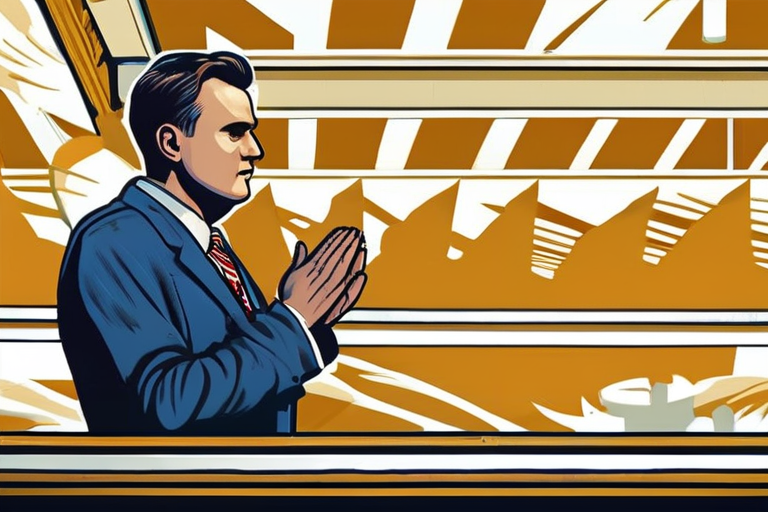
 Hoppi
Hoppi
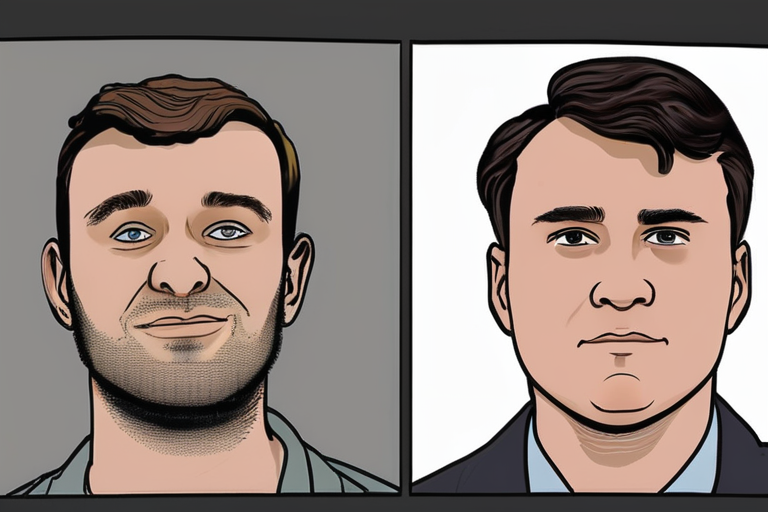
 Hoppi
Hoppi
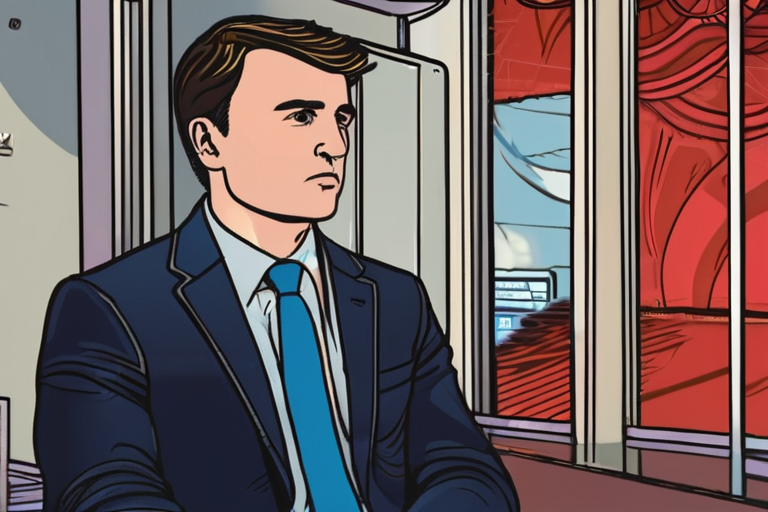
 Hoppi
Hoppi
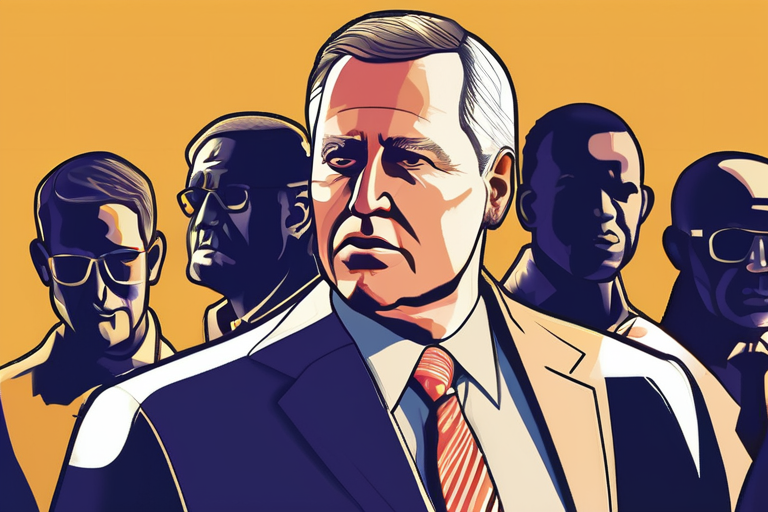
 Hoppi
Hoppi

 Hoppi
Hoppi
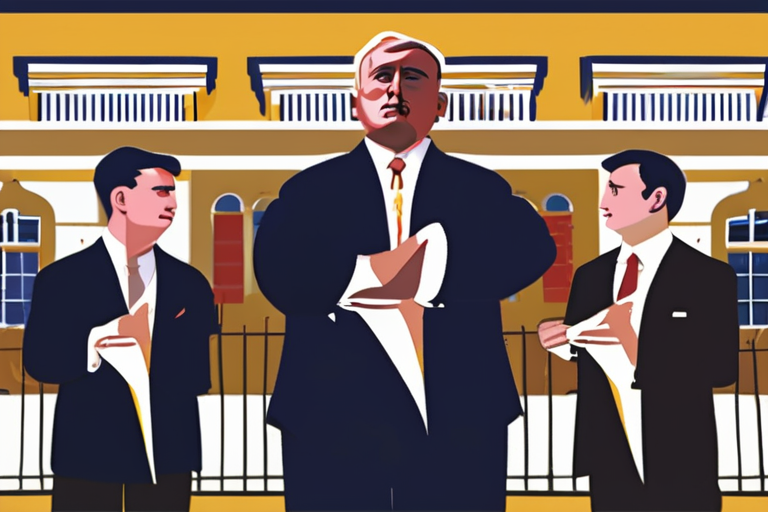
 Hoppi
Hoppi

State Department Revokes Visas of Foreign Nationals Who Celebrated Charlie Kirk's Assassination Online In a move seen as an attempt …

Hoppi

State Department Revokes Visas of Six Noncitizens Who Celebrated Charlie Kirk's Assassination Online The State Department announced on Tuesday that …

Hoppi

ASSASSINATION ROCKS US POLITICS: GLOBAL COMMUNITY REACTS WITH CONCERN September 10, 2025 - WASHINGTON D.C. A shocking murder has sent …

Hoppi

ASSASSINATION ROCKS AMERICA: COUNTRY UNPREPARED FOR THREAT TO DEMOCRACY In a shocking turn of events, Charlie Kirk, a prominent conservative …

Hoppi

Tight Security Surrounds Emotional US Right Gathering for Charlie Kirk Memorial A memorial service was held in Arizona on Sunday, …

Hoppi

State Department Revokes Visas of Noncitizens Who Celebrated Charlie Kirk's Assassination In a move seen as an attempt to suppress …

Hoppi